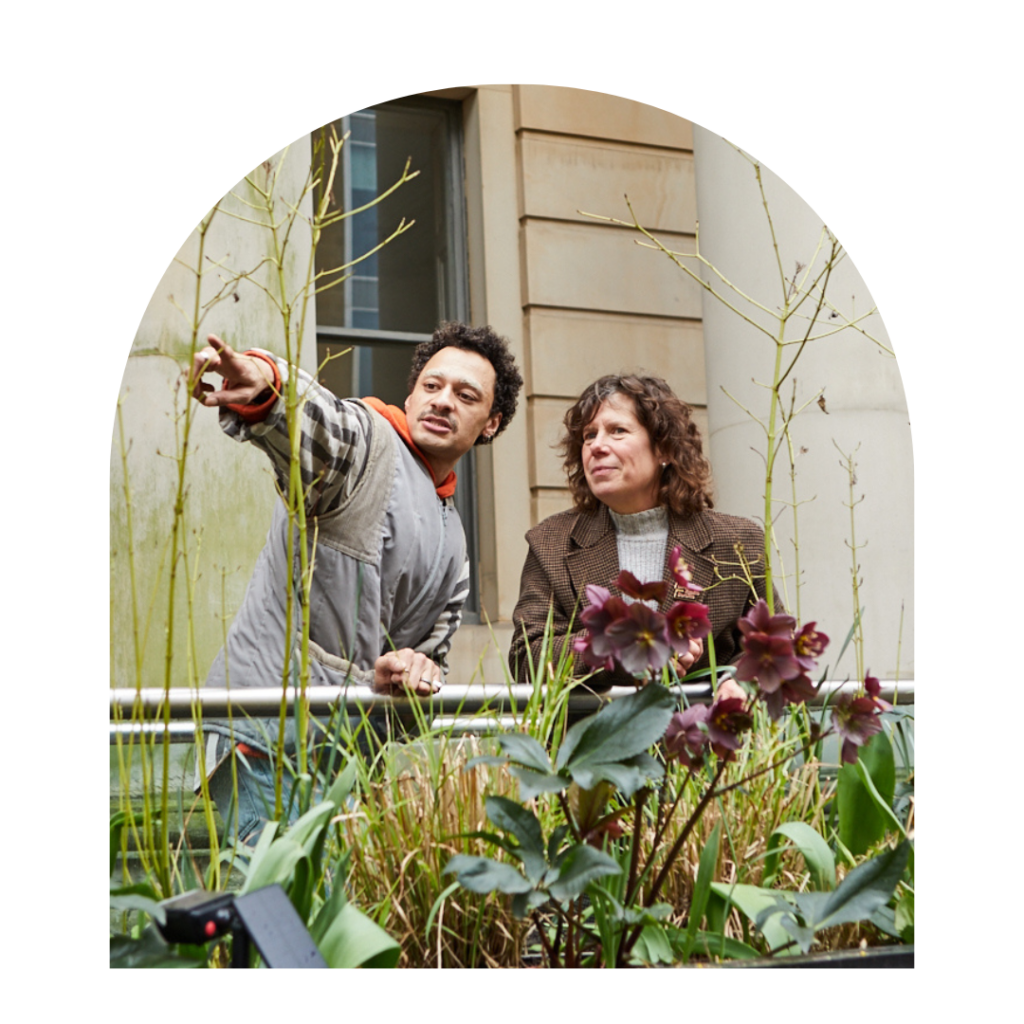
Our guide to the information and support networks available to you.

Research suggests that LGBTQ+ people will experience difference challenges and concerns about dementia compared to the general population.
LGBTQ+ people who have been diagnosed with dementia are able to live well with the condition, however they may experience different concerns and challenges to the general population.
Memory loss is probably one of the most tricky symptoms of dementia to deal with for both the individual and those closest to them. As dementia progresses, past traumas, anxieties and experiences may begin to resurface.
Some LGBTQ+ people may not remember that they have ‘come out’ and re-live fears and concerns about their sexual orientation including internalised homophobia or biphobia. For some older people, this could include experiences related to conversion therapy.
Trans people may not remember transitioning and again struggle to relate to their acquired gender or feel triggered by pictures, early memories and experiences prior to transitioning. Similarly, if their partner has transitioned, they may not remember this.

Speak to a trusted health professional about advance care planning, which can include conversations around how to lessen the impacts of memory loss when it comes to your LGBTQ+ identity. You can also get in touch with us to see if there’s any advice we can provide.
further useful resources:







